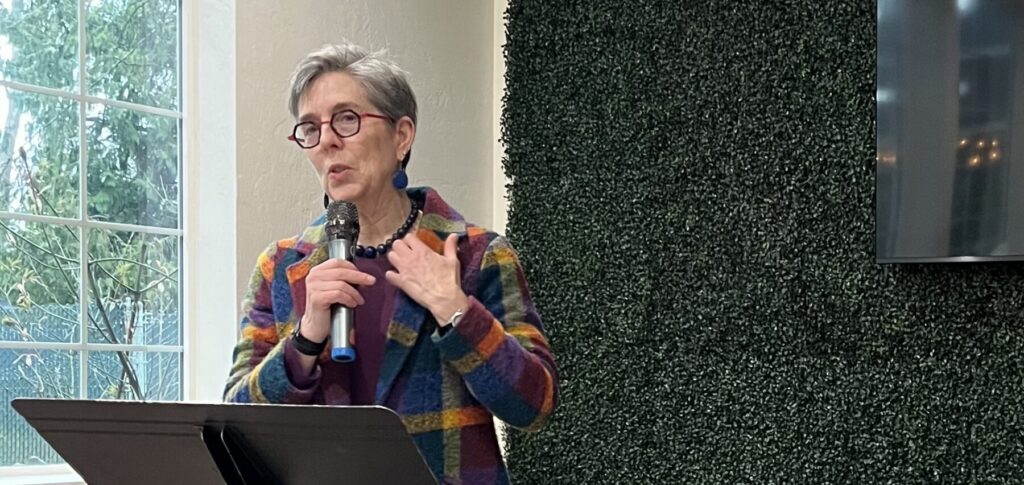Refusing to accept a participant with a disability on a program because that program “can’t guarantee accessibility” closes a lot of doors, not only to the disabled applicant, but also to the program and to the host community or classroom. The problem with this can be likened to the chicken and the egg paradox.
If people with disabilities simply waited around for international exchange experiences – volunteer abroad, study abroad, ESL classrooms, and more – to become accessible to them, well… they might find themselves waiting for a long time. Until they start infiltrating these programs and put a little pressure on them, then what incentive do the programs have to design, plan, or budget for access and inclusion? The more that people with disabilities pursue international exchange programs, the more exchange organizations will recognize the importance of ensuring accessibility into their programs from the start.















